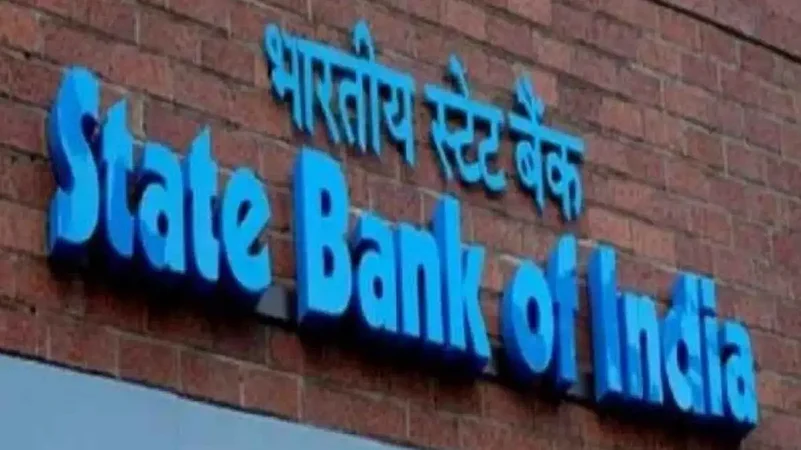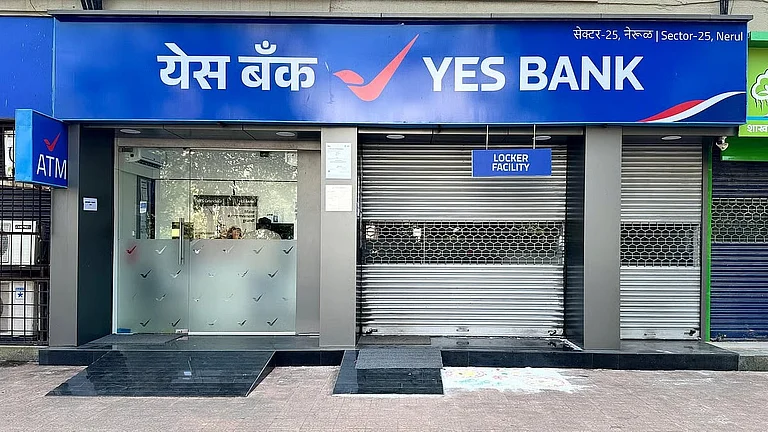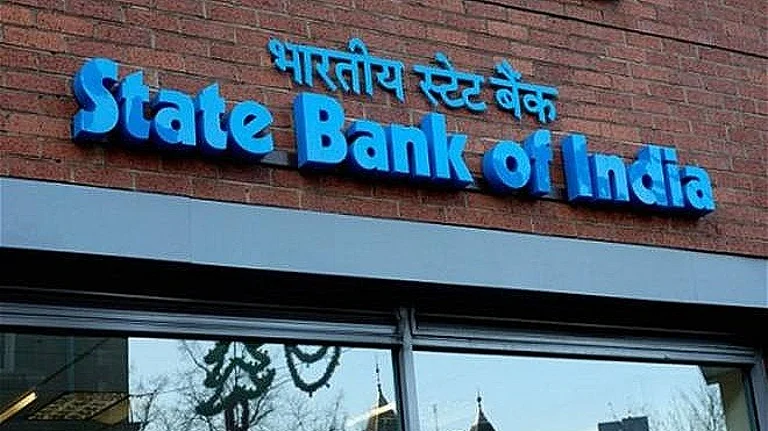The State Bank of India’s recent research report has revealed that India’s inflation-targeting mechanism has been more robust than that of developed economies, including the United States and Germany, ANI reported, quoting SBI’s research. It also highlighted how India managed to stay close to its inflation targets between 2021 and 2024.
“India had a largely successful inflation-targeting regime. Compared to advanced economies like the USA, Germany,” said the report.
SBI’s report lauds government initiatives, the RBI’s regulatory measures, and the banks for efficient inflation management. It highlights that maintaining price stability was possible largely due to well-coordinated RBI’s monetary and government’s fiscal policies.
“The success of inflation targeting in India is largely a byproduct of a vibrant financial ecosystem where the RBI, government and banks are working closely in unison in ushering in market reforms,” said SBI in its report.
Although food inflation is still very high, one of the key highlights of the research was the role of the RBI in stabilising inflationary expectations. The report rejected the arguments that headline inflation should exclude food prices as counterfactual. Moreover, the research mentioned that spillover from food inflation to core inflation, was a result of RBI’s inflation management efforts.
“Effectiveness of monetary policy in India’s pre-inflation targeting regime was constrained by several India specific factors that affected transmission of the policy impulses through the interest rate channel,” the study added.
The RBI kept its inflation target at 4 per cent. The study said, the balance the central bank managed between the target and the actual inflation has benefited the economy.
































